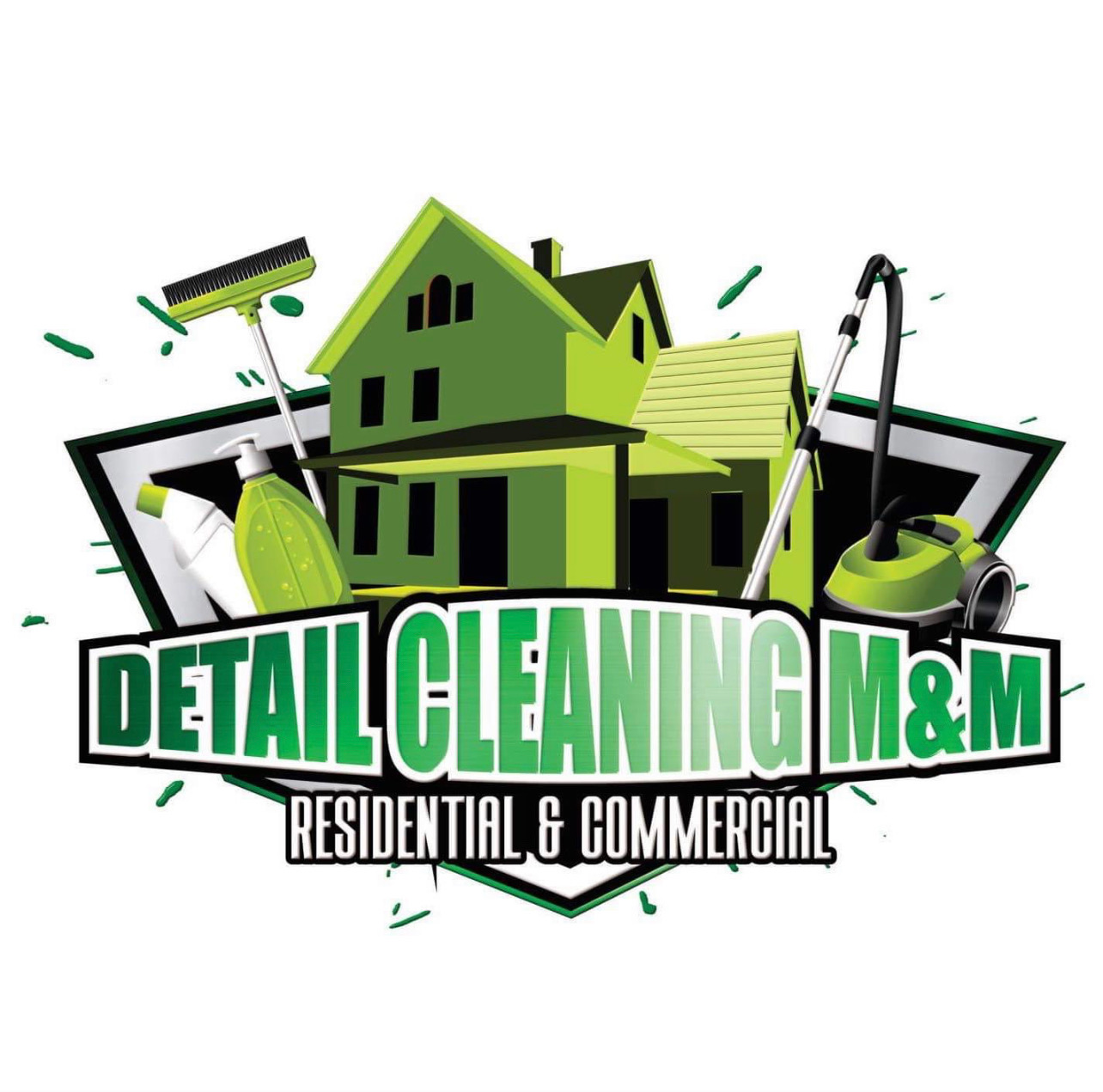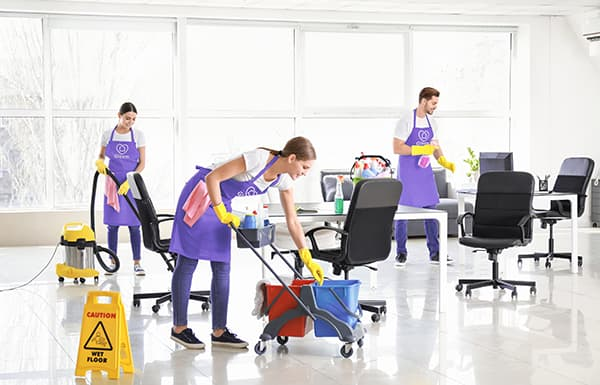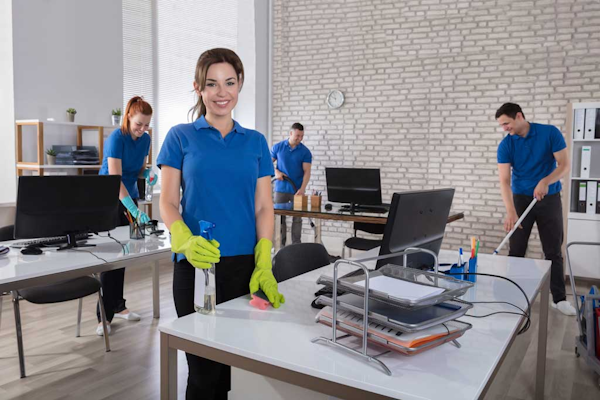A clean office is far more than a space free from clutter and dirt. It is a crucial element in ensuring a productive, healthy, and comfortable working environment. In today’s fast-paced business world, where employees spend a significant portion of their time in the office, maintaining a clean and organized workspace has a profound impact on both performance and overall employee satisfaction. From reducing the spread of illness to fostering a positive work culture, the importance of a tidy office cannot be overstated. This detailed guide will explore the reasons why office cleaning matters, areas to focus on, and the best practices for ensuring your workspace remains pristine.
Why is Office Space Cleaning Important?
1. Improved Productivity and Efficiency
A cluttered or dirty workspace can distract employees, make it difficult to focus, and ultimately hinder productivity. According to research, clutter not only affects mental clarity but also the ability to process information. When an office is clean and organized, employees can focus better, move around with ease, and find necessary items quickly.
For example, an employee whose desk is clean and free from piles of paperwork can focus better on tasks at hand, which means they will be able to complete them more efficiently. Moreover, clean office spaces contribute to a sense of control and order, helping employees stay on top of their responsibilities.
2. Health and Hygiene Benefits
Offices are hotspots for germs, bacteria, and viruses, especially in shared spaces like kitchens, restrooms, and communal workstations. The flu, colds, and other infections can spread quickly, leading to increased absenteeism. By maintaining a clean office, businesses can reduce the transmission of illness and promote a healthier workforce.
Proper cleaning removes dust, allergens, and microbes that can trigger respiratory issues and other health concerns, ensuring employees breathe easy while working. A healthy workforce is a productive one, and companies can significantly lower the risk of illness-related downtime through consistent office cleaning.
3. Promotes Employee Morale and Mental Well-being
A clean office is a welcoming one. Employees feel more motivated and content in an environment that is pleasant to work in. A cluttered or dirty office can make employees feel uncomfortable, stressed, and demotivated. It can even lead to a decline in mental well-being over time.
Studies have shown that a tidy, organized workspace can help reduce feelings of stress and anxiety, making employees more relaxed and capable of performing their best work. A clean office helps create a positive atmosphere, making employees feel valued and respected.
4. Enhances the Company’s Image
The state of your office says a lot about your business. Clients, partners, and potential employees who visit your office are bound to form an opinion based on how clean and organized the environment is. A clean, well-maintained office reflects positively on your company’s professionalism and commitment to quality. It conveys that the company cares about its environment, its staff, and the impression it leaves on visitors.
5. Prevents Workplace Accidents
Many workplace accidents are caused by cluttered workspaces and unclean environments. Spilled liquids, debris on floors, or untidy areas with cables or materials strewn about can lead to slips, trips, and falls. A well-maintained and regularly cleaned office ensures that these hazards are minimized, making the environment safer for everyone.
Key Areas to Focus on for Office Cleaning
- Personal Workstations and Desks Employees’ personal desks and workstations are where they spend the majority of their time. As a result, they can accumulate dust, food crumbs, and other debris. It’s essential to clean workstations regularly to prevent the buildup of dirt and to ensure that employees have an organized, efficient workspace.
- Daily tasks: Employees should wipe down desks with disinfecting wipes to remove germs and dust. Regularly organizing papers, pens, and office supplies can help maintain a clean and functional desk. Encouraging employees to keep their desktops clear of unnecessary items can help with this.
- Weekly tasks: A deeper clean, such as organizing filing systems and wiping down electronics (keyboards, monitors), should be carried out weekly.
- Shared Spaces (Kitchens, Break Rooms, and Meeting Rooms) Common areas like kitchens, break rooms, and meeting rooms are where employees gather, eat, and collaborate. These areas often get messy quickly and can harbor bacteria, especially if food is not cleaned up immediately. A dirty kitchen can lead to unpleasant smells, contamination, and even pests.
- Daily tasks: Wipe down kitchen counters, clean the sink, and ensure that dishes are washed. Empty the trash and sanitize high-touch surfaces such as fridge handles and microwave buttons.
- Weekly tasks: Deep clean the floors, fridge, and appliances, and restock necessary items like paper towels, hand soap, and napkins. Meeting rooms should be wiped down after each session, including sanitizing tables, chairs, and electronics.
- Restrooms Office restrooms see a lot of foot traffic and can quickly become unhygienic. Regular cleaning and sanitizing are essential to maintaining a sanitary and pleasant environment for employees.
- Daily tasks: Clean and disinfect toilets, sinks, and countertops. Empty the trash and replace supplies like toilet paper, soap, and paper towels.
- Weekly tasks: Deep clean the floors, mirrors, and other areas that accumulate grime. Also, ensure that air fresheners or cleaning agents are regularly replenished to maintain a fresh-smelling restroom.
- Floors Floors in the office can get dirty quickly, especially in high-traffic areas. Carpeted floors, in particular, can trap dirt, dust, and allergens, which can affect both cleanliness and air quality.
- Daily tasks: Vacuum carpets, sweep, or mop hard floors to remove dirt and dust.
- Weekly tasks: Deep clean the carpets using a steam cleaner or hire a professional cleaning service for a thorough wash. Consider investing in floor mats or rugs in high-traffic areas to capture dirt before it spreads.
- Air Quality Indoor air quality is often overlooked but plays a crucial role in an office’s overall cleanliness. Poor air quality can lead to the accumulation of dust, pollen, and mold, affecting both the health and comfort of employees.
- Regular tasks: Ensure that HVAC systems and air filters are cleaned or replaced regularly to reduce the circulation of dust and allergens. Encourage employees to keep windows open when possible to let fresh air circulate.
- Other options: Indoor plants can be an effective way to improve air quality while also adding aesthetic appeal to the office environment.
- Office Equipment and Technology Office technology—such as computers, printers, phones, and monitors—are frequently touched surfaces that can accumulate dust, fingerprints, and bacteria. Regular cleaning is necessary to maintain both hygiene and the longevity of the equipment.
- Daily tasks: Wipe down desks, phones, and keyboards with appropriate cleaners to avoid spreading germs.
- Weekly tasks: Clean the screens, cords, and mousepads. Use compressed air to clean dust from computer keyboards and other electronic equipment.
Best Practices for Maintaining a Clean Office
- Establish a Cleaning Schedule Set a clear, consistent cleaning routine for your office. A cleaning schedule should include daily, weekly, and monthly tasks, as well as specific responsibilities for employees and professional cleaners. Daily tasks should focus on tidying up high-touch surfaces, while deeper tasks like carpet cleaning and equipment sanitizing should be done weekly or monthly.
- Use Professional Cleaning Services While employees can maintain a clean personal workspace, consider hiring professional cleaning services for larger-scale cleaning tasks. Professional cleaners can deep clean the office, tackle hard-to-reach areas, and ensure that high-traffic zones are sanitized effectively.
- Encourage Employee Participation Encourage employees to take ownership of their own workspaces. This could include organizing their desks, disposing of waste, and keeping shared spaces tidy. A sense of personal responsibility contributes to a cleaner, more organized office.
- Eco-friendly Cleaning Products Many conventional cleaning products are harsh on the environment and employees’ health. Switch to eco-friendly alternatives like biodegradable cleaning agents, reusable cleaning cloths, and natural air fresheners to promote a safer, greener workplace.
- Maintain a Clean Culture Create a culture of cleanliness within your organization by fostering habits that support it. Remind employees of the importance of keeping shared areas neat, respecting communal spaces, and practicing good hygiene.
Conclusion
Maintaining a clean office is not just about appearance—it’s about fostering a healthy, efficient, and positive environment where employees can thrive. A clean office boosts productivity, enhances morale, and supports employee health, all while projecting professionalism to clients and visitors. By focusing on key areas of cleaning, establishing a solid cleaning routine, and fostering a culture of cleanliness, businesses can create a workspace that benefits everyone. After all, a clean office is a happy office.




